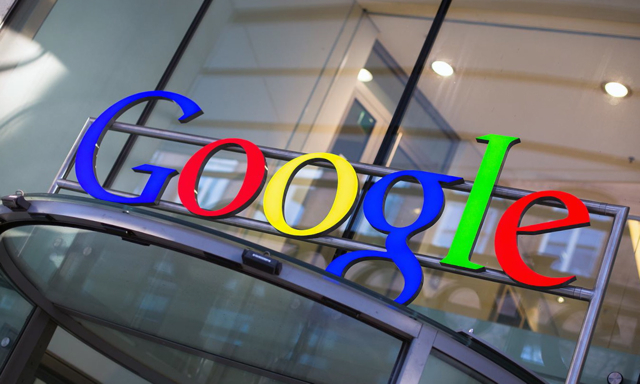Google plans to use the approach of acquired Webpass to more cost-efficiently develop and rollout its Fiber fast Internet business. The San Francisco-based Webpass, founded by Charles Barr, is known for using wireless technology to build fast broadband service in cities in a speedier and most cost effective manner. Verizon, Comcast and AT&T, meanwhile, have spent billions of dollars digging up streets to lay fiber cable. Google will pair Webpass’ approach with wireless technology it is currently developing.
Bloomberg reports that, “analysts and investors … have worried about the company’s big spending” on this project. In 2014, Sanford C. Bernstein analyst Carlos Kirjner estimated Google would spend “almost $30 billion over a decade to build, install and maintain its Fiber service for 15 million homes.”
The Webpass acquisition will turn Fiber into “both a traditional player and what’s known in the business as a WISP, or wireless Internet service provider.” Kirjner says he is not able to re-evaluate Google’s costs “without knowing more about the wireless technologies it might use in the future.”
“If you go to suburbia or further out, the economics are clearly on wireless’s side,” says Recon Analytics founder Roger Entner. “The more lightly populated the area, the harder the case for fiber and the better the case for wireless.”
Google plans to offer Fiber with Internet speeds of one gigabit per second (“about 65 times faster than the U.S. average”) in 22 cities. Webpass technology “gets its service to homes and businesses by sending data between drum-shaped transmitters called millimeter-wave radios installed on the top of buildings … plugged into existing fiber-optic cables in the buildings, which lead to Ethernet ports and end customers in living rooms and offices.”
Webpass former fiber operations manager Steve Stukas reports that installing wireless radios on a building “typically costs tens of thousands of dollars” versus digging up street to bury fiber-optic cables, which can cost up “from hundreds of thousands of dollars to millions.”
“In the long term, fiber is cheaper,” says MonkeyBrains director of operations Anders Finn. “In the short term, wireless is vastly cheaper.” That’s because wireless is cheaper to install, but “the equipment needs to be replaced every two or three years.” Fiber, on the other hand, doesn’t need major maintenance after its “initial expensive build-out.”
Speed of deployment is also radically different. Whereas a wired Internet connection takes at least 90 days to install, says Finn, “wireless Internet can be installed in a matter of hours.”


No Comments Yet
You can be the first to comment!
Sorry, comments for this entry are closed at this time.